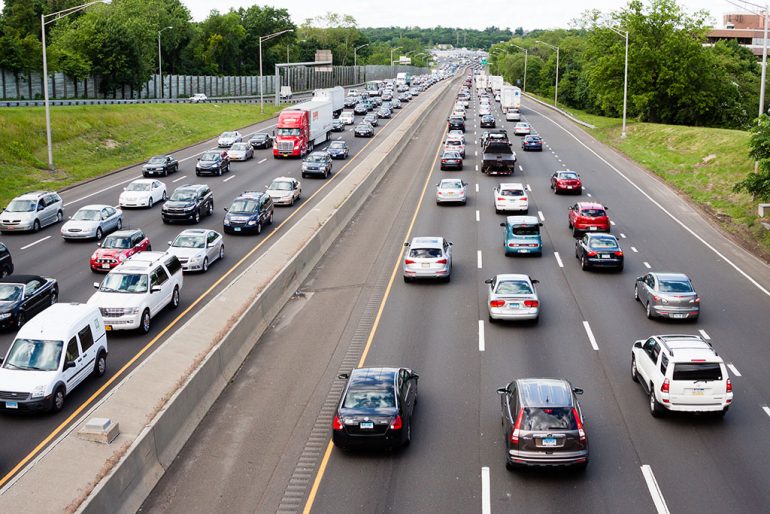
Major automakers, represented by the Alliance for Automotive Innovation, are expressing concerns and seeking adjustments to the U.S. Environmental Protection Agency’s (EPA) vehicle emission proposal. The automaker trade group argues that the proposed emission standards, aiming to drastically reduce vehicle emissions by 2032, are unrealistic and unattainable.
In April, the EPA unveiled its proposal, which outlined plans to achieve a 56% reduction in emissions by 2032, compared to the existing requirements for 2026. This would necessitate an average annual pollution reduction of 13%. The Alliance for Automotive Innovation, representing prominent companies like General Motors, Volkswagen, Toyota, and Hyundai, among others, has recommended adopting a different approach. They propose incorporating requirements for 40 to 50% electric, plug-in electric, and fuel vehicles by 2030, with further increases leading up to 2032.
Also, don’t forget that you can get discounted new car pricing with a free quote through qualified local dealer partners.
Labeling the EPA’s proposal as a “de facto battery electric vehicle mandate,” the automaker group highlighted that electric vehicles (EVs) constituted only around 6% of new light-duty vehicle sales in 2022. On the other hand, environmentalists are advocating for the Biden administration to maintain the stringent proposal, with some even suggesting that the EPA’s rules should be even tougher.
The Alliance for Automotive Innovation contends that the EPA’s standards would inevitably increase the cost of vehicles, limit consumer choices, and disadvantage significant portions of the U.S. population and territories. The group argues that the proposal should align with President Joe Biden’s executive order from August 2021, which targeted a 50% share of EVs or plug-in hybrids among vehicles by 2030. Notably, major automakers had already committed in 2021 to producing between 40% and 50% EVs or plug-in electric hybrids by 2030.
In a blog post, Alliance CEO John Bozzella criticized the EV rules, describing them as unbalanced and reliant on optimistic assumptions. He stated that the plan for over 60% battery electric vehicles (BEVs) by 2030 was built on uncertain forecasts, such as the assumption that EV batteries would eventually become cost-free for automakers. The automaker group also criticized the EPA proposal for underestimating battery costs and overestimating the availability of consumer and manufacturing tax credits.
The EPA has yet to respond to the automaker group’s recommendations, but it is expected to provide a response after the public comment period concludes on July 5. As the discussions continue, balancing the need for environmental sustainability with the concerns of the automotive industry remains a crucial challenge for policymakers.
Source: Reuters